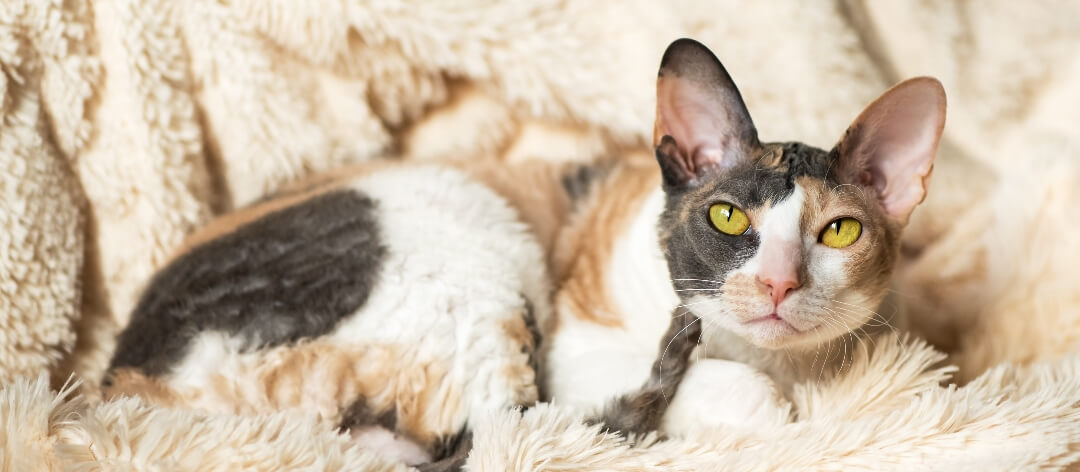Are you noticing that your feline friend is becoming less furry? The shedding of their winter coat is a normal part of hair loss. Losing a lot of hair, however, could pose a problem.
Alopecia is the medical term for hair loss in cats. It's a common problem for cats and could be caused by several things. Multiple contributing causes often make it challenging for pet parents to identify and eliminate the problem.
The following are the most common causes of cat hair loss:
- Allergies: Hair loss is most commonly caused by allergies. Your cat may be allergic to food, insect bites, medicines, dust, or pollen, just like people. They'll lick their fur to relieve the itch until their fur becomes bald. The treatment is simple, but they may need to take medicine for the rest of their lives.
- Hormonal imbalance: A hormonal imbalance can cause your cat to develop bald spots and lose hair. Specific hormones control your cat's hair growth; a surplus or deficiency may also contribute to hair loss.
- Nutritional deficiencies: A cat's diet should be balanced since an unhealthy diet, poor health, or an undetected disease can all cause them to lose their hair. The underlying cause should be identified by your veterinarian as these are all quite broad reasons.
- Parasites: Fleas, mites, lice, and ticks can make them scratch and lick, causing bald spots and sores. In most cases, the treatment is quick and straightforward. Make sure you ask your vet which medicine is best to use for your cat.
- Ringworm infection: A ringworm infection is not caused by a worm. It is caused by a fungus and is characterized by a ring of missing hair. Your veterinarian can prescribe antifungal creams, ointments, medicated baths, or oral medications.
- Anxiety and stress: Anxiety and stress can cause cats to lose their hair, which can be caused by obsessively licking and scratching. A condition called "psychogenic alopecia" causes cats to pick at their belly, sides, and legs. Purebred females with nervous personalities are most likely to suffer from it. Get them treated for their wounds and ask your vet if they need antidepressants or if their environment needs to be changed, such as putting up high perches or keeping dogs away.
- Pain: Cats with arthritis may lick themselves at the site of pain, leading to hair loss.
- Hereditary Alopecia: Some cats suffer from hereditary alopecia. A Sphynx cat, for instance, is born without hair and never grows any.
Sometimes alopecia is nothing to worry about, like the small areas of hair loss between the ears and eyes of many cats. There is also a possibility that it may indicate a serious underlying condition in some cases.
An examination by your veterinarian, including blood work, thyroid function tests, and urinalysis, will help you determine what is wrong with your cat. This will help rule out doubtful but possible causes of immune system problems, diabetes, and overactive thyroids.
